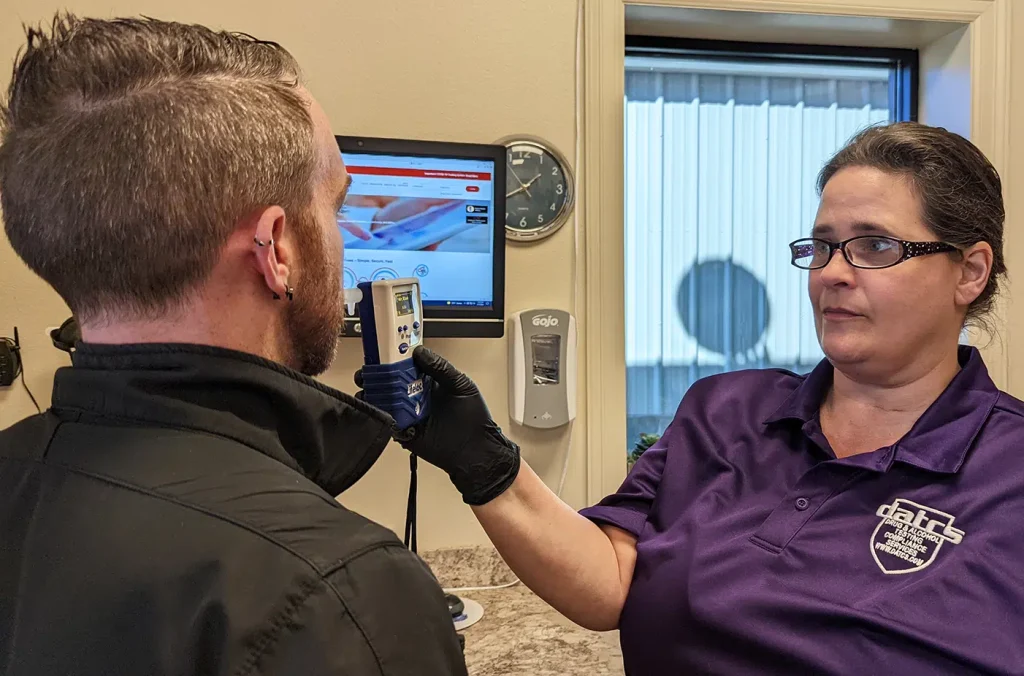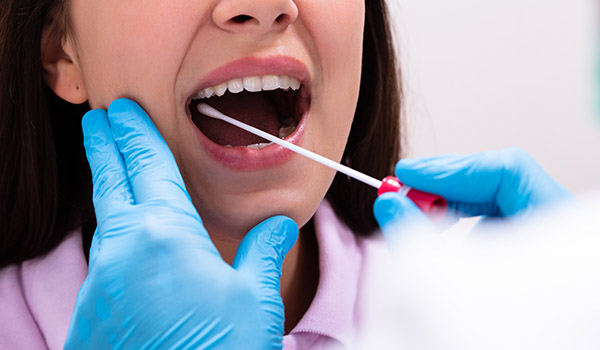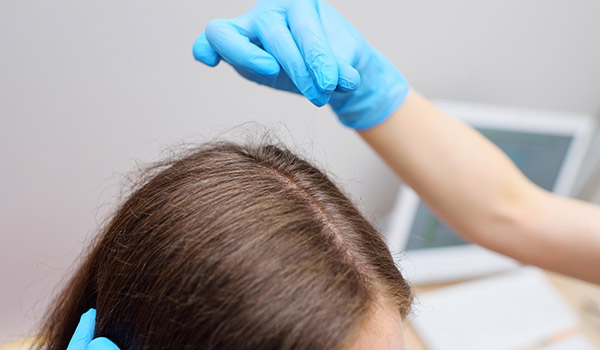Alcohol Testing
DATCS is a prominent national alcohol screening company in the United States. We are renowned for our role as educators in the industry and believe alcohol testing is essential in promoting safety and well-being in workplaces, communities, and schools.
As a trusted provider of alcohol testing services for over 30 years, we have perfected reliable screening methods, including breath tests, to ensure the safety of your workplace.
Alcohol abuse is a significant health and economic concern in the United States today. Each year, excessive alcohol consumption causes over 140,000 deaths in the U.S., according to the CDC. Together, we can make a difference in the lives of our communities. Contact one of our locations today to learn more about alcohol testing.
Reasons for Alcohol Testing
These statistics demonstrate the profound and wide-reaching impacts of alcohol abuse and underscore the importance of alcohol testing in various sectors of society, especially in the workplace.
- An estimated 10,142 people died in alcohol-impaired driving crashes in the U.S., accounting for 28% of all traffic-related deaths.
- The U.S. Department of Labor reports that 16% of workplace accidents involve alcohol.
- Excessive alcohol use costs the U.S. about $249 billion annually.
- Alcohol is a factor in 40% of all industrial fatalities and 47% of industrial injuries.
- Over 10% of U.S. children live with a parent with alcohol problems.
- Alcohol is linked to 232 million missed work days per year in the US
- Alcohol testing is tax-deductible
- Peace of mind is knowing you have a drug-free workplace, community, and school.
Types of Alcohol Testing
There are several methods for testing alcohol consumption, each with its advantages, disadvantages, and appropriate applications. Here are the primary methods:
Breath Test (Breathalyzer)
- How it works: Measures the amount of alcohol in the air a person exhales to estimate the blood alcohol concentration (BAC).
- Use: Commonly used by law enforcement during traffic stops and in workplace alcohol testing to determine current impairment.
- Advantage: Provides immediate results and is non-invasive.

Urine Test (EtG Test)
- How it works: Detects ethyl glucuronide (EtG), a metabolite of alcohol, in the urine.
- Use: Can detect alcohol consumption long after it’s been metabolized (up to 80 hours, depending on various factors).
- Advantage: Longer detection window than breath or blood tests.

Alcohol Saliva Test
- How it works: Measures the amount of alcohol present in the saliva, which closely correlates with BAC.
- Use: Sometimes used as a preliminary screening tool.
- Advantage: Non-invasive and provides quick results.

Hair Follicle Test
- How it works: Tests for the presence of ethyl glucuronide (EtG) or fatty acid ethyl esters (FAEE) in hair follicles.
- Use: Can detect alcohol consumption up to 90 days in the past.
- Advantage: Long detection window, which makes it suitable for assessing long-term alcohol consumption patterns.

Each testing method has its specific purpose, and the selection often depends on the circumstances, the required detection window, and the need for accuracy.
It’s important to note that while these tests can detect the presence or recent use of alcohol, they cannot necessarily determine an individual’s tolerance or level of impairment (except for BAC measurements, which have established legal limits.)
Choose the Right Test for the Right Purpose
With various alcohol testing methods available, DATCS ensures precision, reliability, and peace of mind. Take the next step toward a safer environment. Contact DATCS today to determine the best testing solution for your needs.
Contact Us





